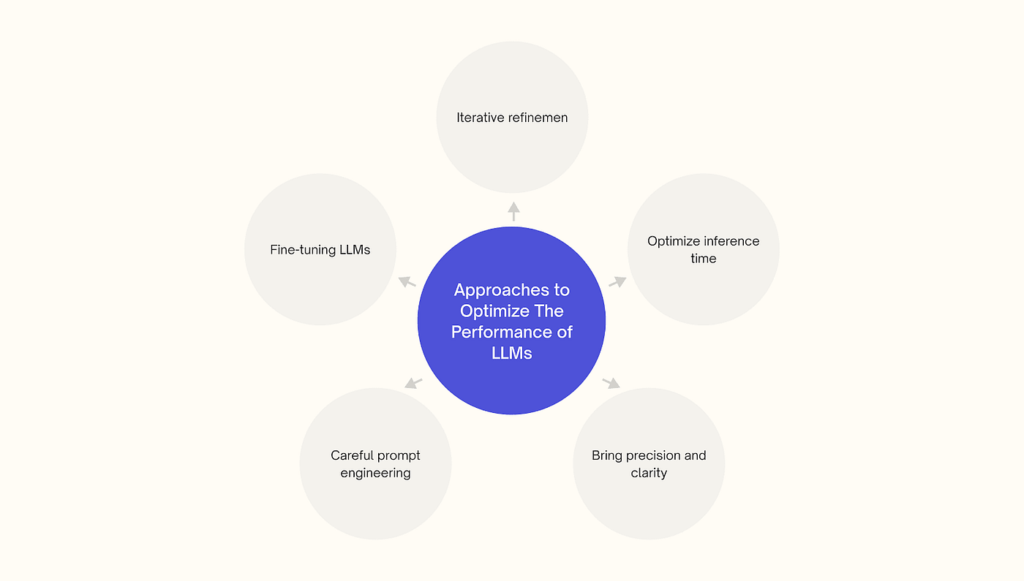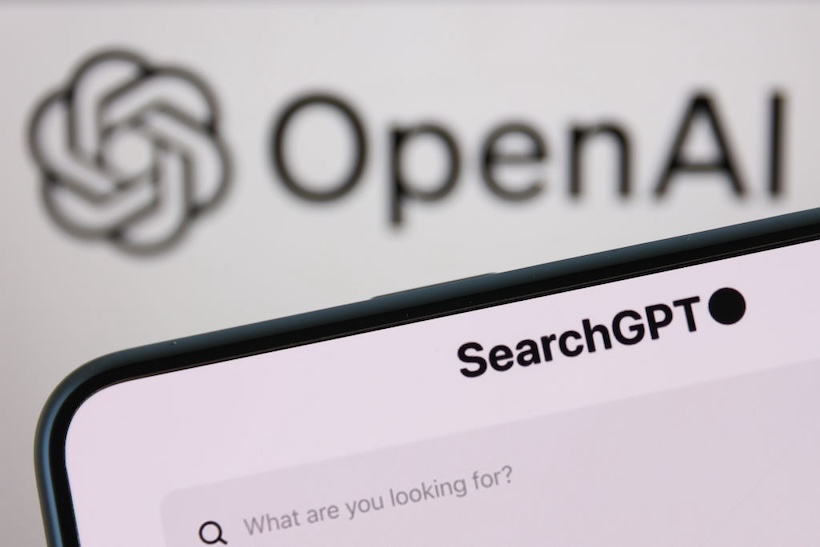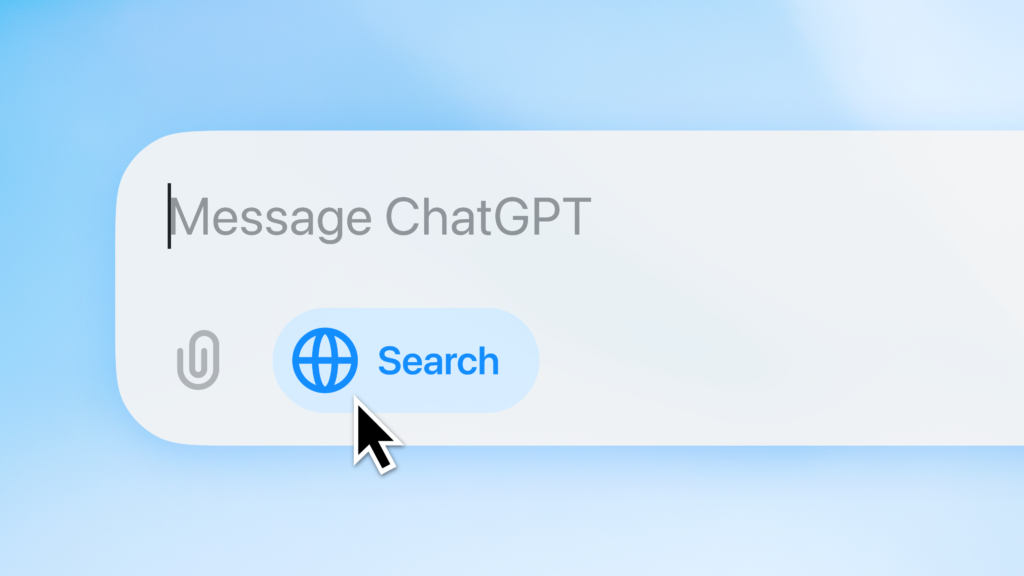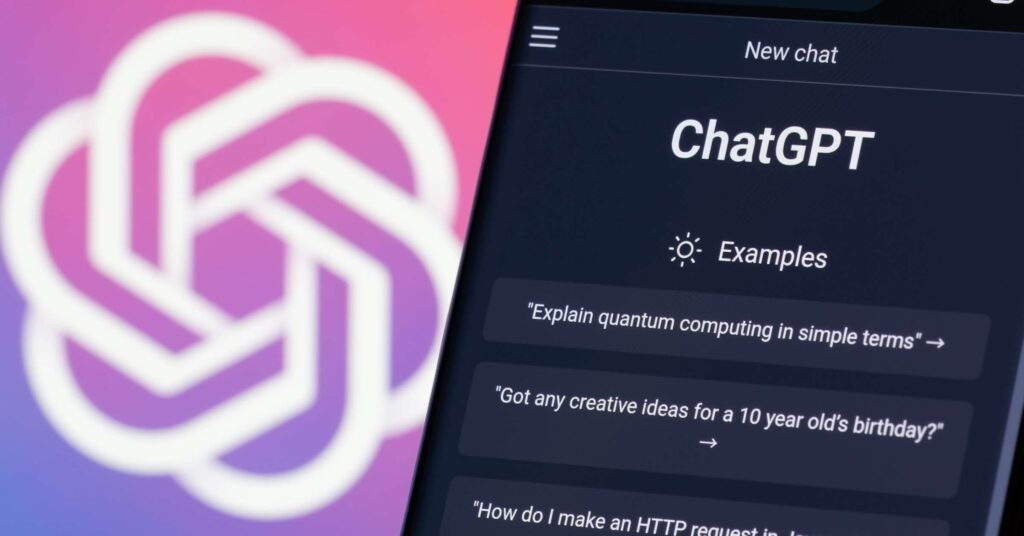Large Language Models (LLMs) like ChatGPT are reshaping how people search for information, make decisions, and discover new businesses. With millions of users wondering how to rank on ChatGPT and asking the model for product recommendations, marketing strategies, and local service providers, your business can show up in these conversations—if you know how to optimize for it.
This guide breaks down what small business owners need to know to rank on ChatGPT, the importance of SEO for generative engines, and how to get ahead of the curve with the right tools, prompts, and optimization strategies.

🧠 What Does It Mean to “Rank” on ChatGPT?
Unlike Google, ChatGPT doesn’t serve up a list of clickable blue links. Instead, it generates answers based on what it has learned from web content, forums, reviews, citations, and structured data. If your business isn’t mentioned in high-quality content across the web, it likely won’t appear in responses.
Optimizing for ChatGPT and other AI tools means making your brand known and trusted by these systems through content, SEO, backlinks, and relevance.
✅ LLM Optimization Checklist for Small Business Owners
Here’s a quick checklist to keep your optimization strategy on track:
- Claim and optimize your Google Business Profile
- Get listed in niche directories and review sites
- Create helpful, in-depth content (blogs, guides, FAQs)
- Add structured data (schema markup) to your website
- Get backlinks from trusted sites in your industry
- Keep your content up to date with seasonal and trending topics
- Use natural, question-based phrasing in your content
- Monitor your brand mentions online (forums, Reddit, Quora)
🔍 How to Rank on ChatGPT
To appear in AI-generated answers, your brand needs digital visibility across multiple trusted platforms. Here’s how:
- Focus on topical authority: Become the go-to source for a subject by covering it in-depth on your website.
- Answer specific questions people ask—LLMs love content that mirrors user intent.
- Ensure you’re mentioned (accurately!) on third-party sites: industry directories, “best of” lists, local roundups, and forums like Reddit.
- Use schema markup to help LLMs understand your business details.

📈 SEO for ChatGPT: It’s Different (But Still SEO)
Traditional SEO helps your content rank on Google, but LLM-focused SEO—or Generative Engine Optimization (GEO)—goes a step further.
Key GEO strategies include:
- Writing with conversational, human-like language
- Including questions and answers (Q&A format)
- Publishing high-E-E-A-T (experience, expertise, authoritativeness, trustworthiness) content
- Using Google Trends to stay current and relevant
✍️ SEO Prompts for ChatGPT
Want to use ChatGPT to improve your SEO? Here are a few prompts you can use:
- “Give me blog title ideas for [your business topic] based on trending keywords.”
- “Create an FAQ section for a local [industry] website.”
- “Generate long-tail keywords about [your service] for SEO.”
- “What questions do customers ask about [your product]?”
These prompts can help you brainstorm, research, and even draft optimized content in minutes.
🧲 How to Use ChatGPT for SEO Keyword Research
Here’s how to turn ChatGPT into your in-house SEO assistant:
- Ask it for related keywords:
“List 20 long-tail keywords for ‘emergency plumbing services in Tampa.’” - Request content clustering ideas:
“Create 5 blog post ideas grouped under ‘kitchen renovation tips.’” - Get intent-based insights:
“What is the searcher likely trying to achieve with the phrase ‘best accounting software for startups’?”
While ChatGPT isn’t a replacement for tools like SEMrush or Ahrefs, it’s a great way to supplement your keyword strategy with fresh angles and conversational queries.

🌐 Generative Engine Optimization (GEO): The New SEO Frontier
Think of GEO as SEO for the AI-first future. It focuses on:
- Creating rich, informative content that reads like it was written for people, not search bots
- Using language and structure that LLMs can easily understand
- Getting cited or referenced across the web so AI “knows” your brand
GEO isn’t about beating algorithms—it’s about becoming part of the conversation AI is having about your industry.
📊 Use Google Trends to Stay Relevant
Google Trends is a must-have tool in your LLM optimization strategy. By tracking trending topics and keywords, you can align your content with what people—and AI—are currently interested in.
Pro tip: Search seasonally. If you’re a landscaper, create content ahead of peak spring clean-up season. If you’re a CPA, publish your tax tips in Q4.
💬 ChatGPT Search Tips
Want to know how your customers might discover you through ChatGPT?
Try these search-style prompts as if you were the customer:
- “What are the best marketing agencies near Land O’ Lakes, FL?”
- “Compare social media management packages for small businesses.”
- “What should I look for in an ADA-compliant website designer?”
Then ask: Would my business be part of this answer? If not, it’s time to optimize.

Final Thoughts
LLMs like ChatGPT aren’t the future—they’re the now. Small business owners who adapt early can earn prime visibility in AI-generated answers, long before the competition catches on. By combining traditional SEO principles with conversational content, community engagement, and strategic brand placement, your business can stay ahead in this new digital landscape.





